“everyone carries a shell - they’re protective, polished, performative. this film is about the cracks in that shell, and what leaks out when that happens.”
- Josh S. Rose, Writer/Director, Shells.
Director’s Statement
"Shells" is a cinematic inquiry into the fragile boundary that delineates our internal anxieties from the personas we project into the world. This film is born from a philosophical exploration of the universal unrest that ties humanity together across disparate lives—the grocer, the fry cook, the boatsman—each of us wrestling with our own version of existential dread.
Structured in four acts, the film eschews traditional narrative scripts in favor of emotional landscapes that the actors navigate, embodying a spectrum of psychological states designed to resonate across diverse audience experiences. Each act delves deeper into philosophical discourses, utilizing the gradual unveiling of characters’ layers—both metaphorical and literal—as they shed their clothing and break through both physical and emotional shells in an effort to connect more deeply.
Being primarily a dance filmmaker, a subject I teach at CalArts, I do not work up from the script up. The foundation of the films I make are emotional territories, from which movement emanates and reflects. I took this same approach to “Shells,” where the work with the actors wasn’t in what words they would say and how, but rather what complex emotional place they were in and what topics they were discussing. Like with dancers, how they get from point a to point b is their art, not mine - though I am a practiced admirer of it.
The intended result of a process like this is to shrink the space between the actor and the narrative, creating deeper authenticity in the performance.
In "Shells," the script evolved organically, emerging from genuine discussions among the cast that continued to develop right up to the day of shooting. The authenticity of the film is heightened by the fact that the two couples portrayed are actual couples in real life and friends off-screen as well. As the director, my role was more about setting the stage for the larger themes and emotional landscapes they would explore. This approach is very much in line with my background in dance filmmaking, where the choreography marks the key points in space and time, while the magic happens in the improvised movements that connect these moments.
The film’s progression from superficial interactions to profound philosophical dialogues touches on the theoretical (Hedonism vs Eudaimonism, existentialism and Heidegger’s concept of 'thrown-ness.’ Despite the heavy dialogue-driven meat of the story, the final act goes without the language of words, capitalizing on non-verbal communication to support the film’s push toward a deeper communal connection.
Themes & Motifs
Interrogations
The subjects that the characters are discussing are not new. The philosophical debate over whether it’s better to live a life of ease (Hedonism) or whether we gain more from greater effort (Eudaimonia) was being discussed in Ancient Greece . But the discussion gets a bit more current, and a few leagues deeper, when it touches on Heidegger’s idea of “thrownness” - the concept that much of what we deal with as humans stems from being born into a world with circumstances (like social roles, historical context, and personal characteristics) we didn't choose and have little control over. This is the meaning behind the thought experiment that the characters are discussing.
The Ocean
The film is filled with maritime themes, referencing personal connections to the ocean (I grew up on the beach) and reflecting the philosophical notion of life as a voyage—a journey fraught with storms and tranquility, much like the human condition. The sea becomes a metaphor for the subconscious, with its hidden depths and turbulent surfaces, mirroring the tumultuous interplay between our visible actions and hidden thoughts. This is also a callback to the “ship in the ocean” thought experiment that the characters are discussing in the film.
Mental Health
Set against the backdrop of a world cautiously reemerging from the pandemic, "Shells" captures the poignant reunion of two couples stepping out of prolonged social distancing and self-seclusion. But this is not a film about mental illness - it’s a film about mental reality. There’s a quiet turbulence that many of us live with, but rarely talk about out loud. This film is just talking about it.
In the end, the characters of “Shells” find their collective vibration and sync up through community, through food and via more instinctual, non-verbal support. We are, after all, earthly beings in this way. Not entirely different than the other plants and creatures we co-inhabit the planet with.
“Ultimately, this is a film about connection and community. To get there, some shells needed to crack open - but this is the entire point. In today’s world, we view connection differently. Low-stakes, light-touch encounters where words are prescribed and predictable, sounding heavy, but feeling light. I wanted the film to take people below the surface and touch in on something deeper, if only for ten minutes.”
— Josh S. Rose
Cast & Crew
Cast
Leila Perry as Mia
Will Nicol as Ethan
Till Simon as Alex
Nicole Souza as Jamie
Crew
Director, Josh S. Rose
Writer, Josh S. Rose
Executive Producer, Sean Levitan
Assistant Producer, Rae Niwa
1st AD, Jessie Lee Thorne
DP, Noah Toaso
1st AC, Natt Gonzalez
2nd AC, Eric Corona
G&E, Jason (Salty) Rowlen
Sound, Joseph Hartshorn
Sound Editing, Grant Milliken & Josh S. Rose
Colorist, Duncan Byrnes
Movement, Madison Olandt
Production Design, Katie Patrick
HMU, Patrick Santa Ana Agency
Editor, Josh S. Rose
Production Assistant, Juan Montoya
Production Assistant, Ava Rothenberg
Music
"Shells"
An original song by I.O.U. Tequila
Produced by I.O.U. Tequila
Lyrics by Josh S. Rose
Sound Engineer, Grant Milliken
Vocals, Frank Moschetto
Guitar, Sergio Buss
Keyboard, Grant Milliken
Drums, Drew Cirincione
